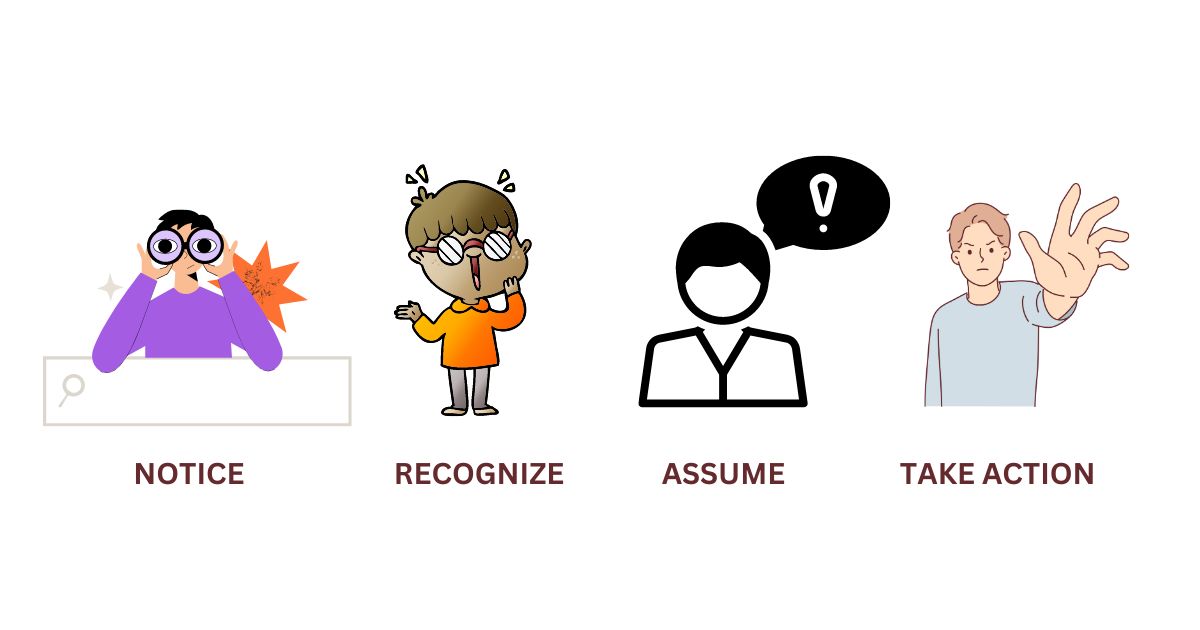The United States Supreme Court is scheduled to hand down a decision regarding the Patient Protection and Affordable Care Act in early July. While the most contentious aspect of “Obamacare”, and the focus of the Supreme Court’s vote may be the its “individual mandate” clause, which requires Americans to buy health insurance if they don’t have it, there are other aspects of the PPACA that would directly impact this nation’s seniors. Not the least of which is the closing of the Part D “donut hole”.
So what is the Medicare donut hole in the Part D program? Jonathan Blum, Deputy Administrator and Director for the Center of Medicare at the Centers for Medicare and Medicaid Services does a fine job of explaining the donut hole on a post in his 2010 Healthcare Blog.
In a nutshell, the donut hole is the gap in prescription coverage for those participating in Medicare, which includes seniors and those with disabilities. People with Medicare can pay a monthly premium prescription drug coverage, known as Part D. A gap exists in coverage and limits supplemental payments past a certain dollar amount until another, higher dollar threshold is met.
In 2010, the deductible for prescriptions was $310. After that deductible was met, Medicare paid for 75% of prescription drug costs until the entire amount spent reached $2,800. After that, the “donut hole” occurred, and there was no supplemental coverage until the yearly out-of-pocket spending limit of $4,550 was reached.
In an effort to help, those who found themselves in the donut hole received a one-time tax-free rebate of $250 to help with prescription costs. In 2011, people on Medicare and in the donut hole automatically received a 50% discount on brand-name drugs. In 2012, drug discounts in the donut hole will rise to 75% and the donut hole is scheduled to close completely by 2020.
If the Supreme Court strikes down healthcare reform, we need to look at how the decision will impact our seniors and Medicare in general. Will the donut hole prevent doctors prescribing needed name-brand drugs? Will physicians have to bill Medicare patients for wellness visits, which are presently free of cost to the patient and helps perhaps prevent the need for costly prescriptions down the line?
Healthcare reform is sure to be a topic on everyone’s radar in the coming weeks. Because the nation’s aged are the fastest growing segment of the population, special attention should be paid to the consequences of the Supreme Court’s decision for our country’s elderly. No one should have to choose between quality of life — like the ability to pay for groceries and housing — and the ability to pay for needed prescription drugs.







